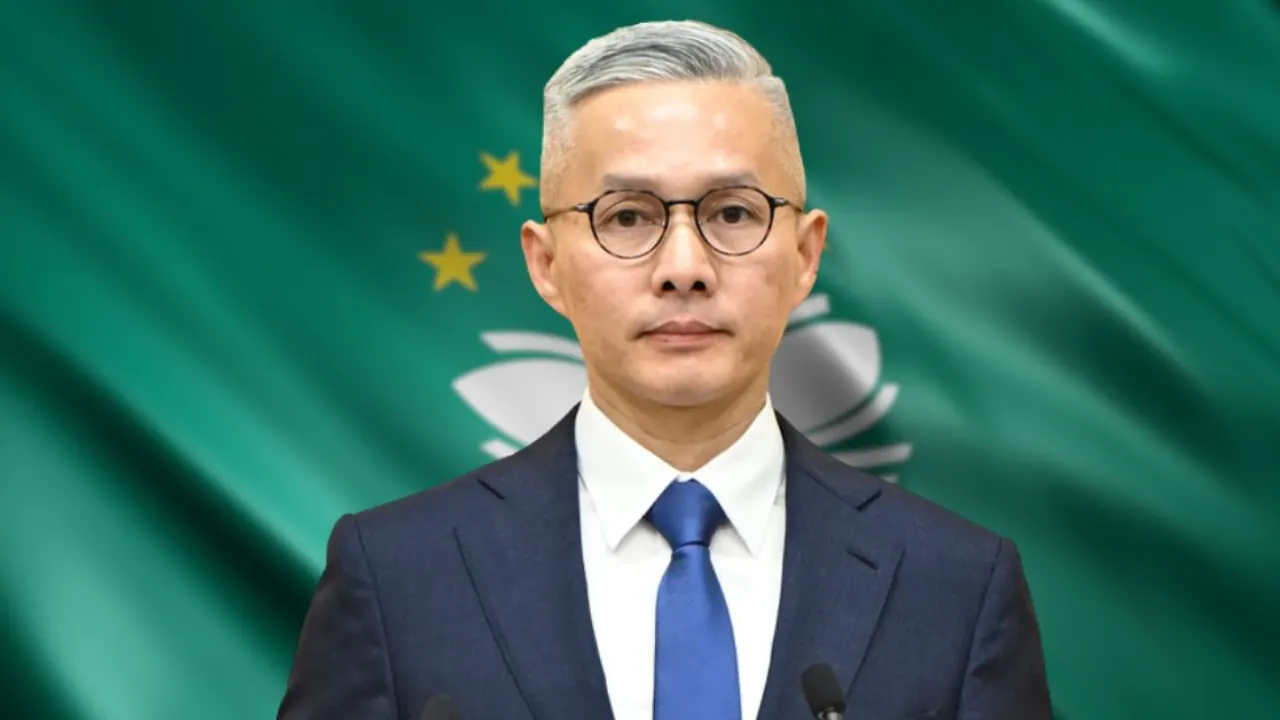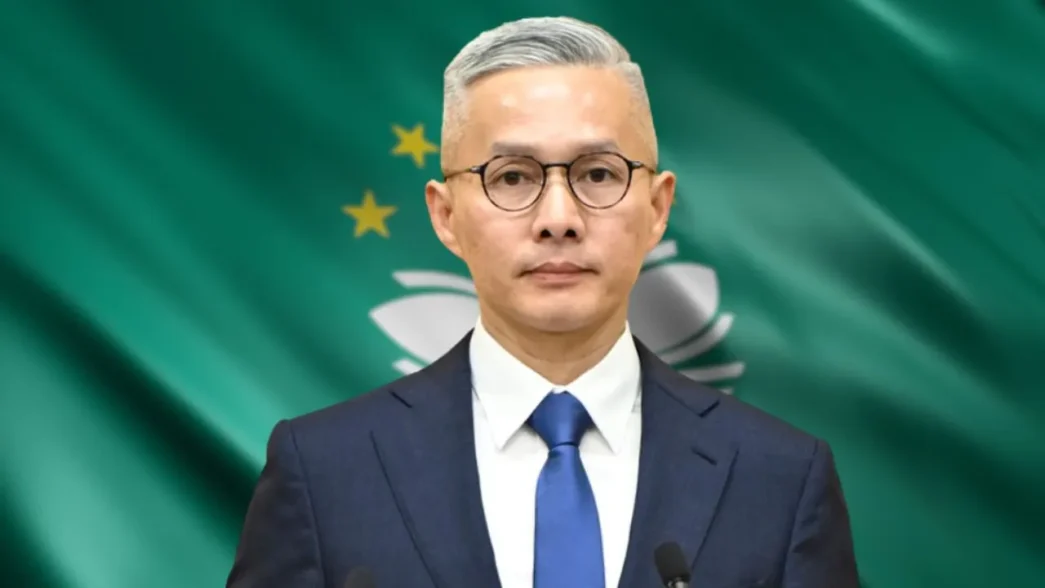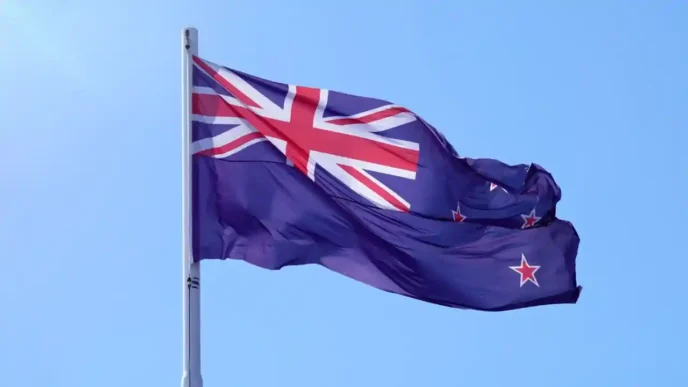Macau, the world’s largest casino hub, has appointed Tai Kin Ip as its new Secretary for Economy and Finance under the administration of Chief Executive-elect Sam Hou Fai. Tai Kin Ip, a seasoned public servant and head of Macau’s Economic and Technological Development Bureau, takes on this critical role at a pivotal moment for the region. The appointment places him at the forefront of efforts to reduce Macau’s long-standing dependency on gambling revenues, which make up approximately 80% of the government’s tax income. This move reflects a strategic priority to diversify the economy and address vulnerabilities exposed by the COVID-19 pandemic.
Macau’s reliance on its licensed casino operators—giants like Sands China, Wynn Macau, and MGM China—has fueled its economic success but left it heavily dependent on the fortunes of a single industry. The pandemic laid bare the risks of this dependence, with border restrictions and shutdowns causing a sharp drop in gaming revenues. The new administration aims to address these challenges through policies designed to stimulate growth in non-gaming sectors, targeting areas like modern financial services, the “Big Health” industry, high technology, and events-based tourism. These sectors were previously earmarked in 2019 to increase their contribution to Macau’s GDP from 50% to 60%, though progress has been slow.
Tai Kin Ip brings extensive experience in economic policy and project management, including overseeing the 2022 public tender for gaming licenses. His appointment signals a clear intention by the incoming government to tackle these economic challenges with a fresh perspective. Chief Executive-elect Sam Hou Fai, set to take office on December 20, has pledged to lead with a philosophy centered on collaboration, integrity, and innovation. Tai Kin Ip’s leadership is expected to align closely with these goals, leveraging his expertise to create a balanced approach that preserves the gaming sector’s contributions while fostering new industries.
Diversification has long been a challenge for Macau. While gaming has dominated its economy, past attempts to reduce reliance on the sector have faced significant hurdles, including resistance from vested interests and limited expertise in emerging industries. The new administration will likely push for initiatives that attract foreign investment, encourage innovation, and align Macau more closely with China’s Greater Bay Area initiative. This strategy aims to integrate Macau into a broader economic framework encompassing neighboring Guangdong and Hong Kong, offering opportunities for growth in markets beyond gaming.
Tai Kin Ip’s role will also require navigating complex political dynamics. Beijing has increasingly emphasized the need for Macau to evolve from a gambling-centric economy into a more diversified one, promoting sustainable growth and long-term stability. The alignment of Macau’s policies with national priorities will be crucial in achieving this transformation.
The region’s dependence on casinos is deeply rooted. Gaming revenues have consistently driven public infrastructure projects and employment, making diversification efforts both necessary and challenging. Tai Kin Ip’s leadership will be pivotal in striking a balance between maintaining the benefits of the gaming industry and fostering the growth of non-gaming sectors. His ability to implement policies that stimulate innovation, attract investment, and encourage collaboration will determine Macau’s success in this endeavor.
As Macau prepares for a new chapter under Sam Hou Fai’s administration, Tai Kin Ip’s appointment offers a sense of optimism. With a clear focus on reducing vulnerabilities and promoting sustainability, the coming years could mark a significant turning point in Macau’s economic trajectory. The journey toward diversification will not be without obstacles, but with strong leadership and strategic policymaking, the region has the potential to redefine its economic landscape.
Related posts:
Atlaslive Strengthens Compliance Leadership in Brazil’s Expanding iGaming Market













